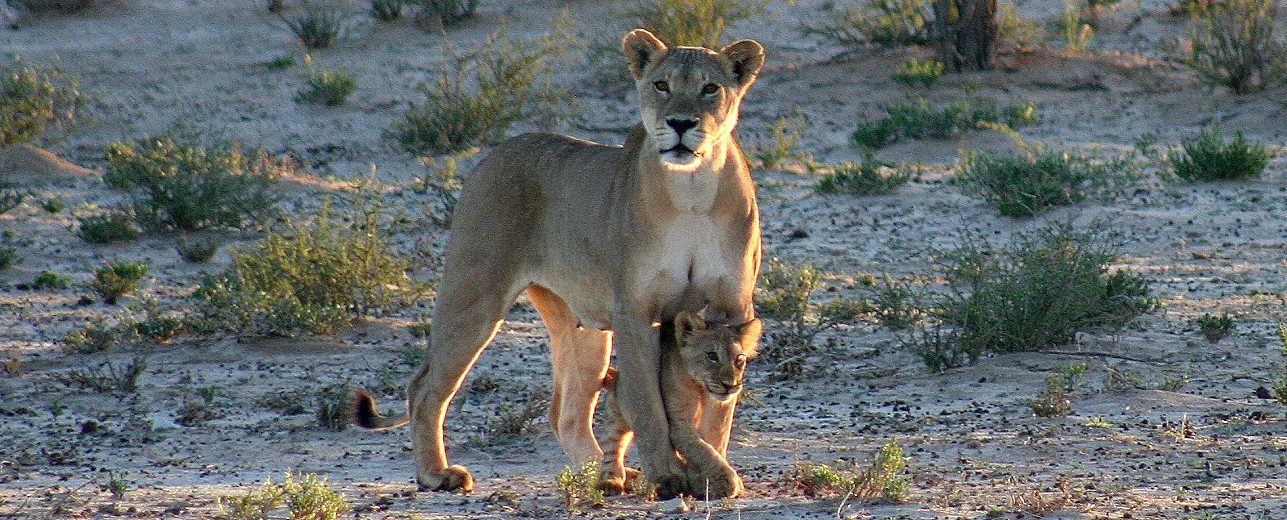Most people have heard of Sigmund Freud, who is valued as the father of modern psychology. Although Victorian in his outlook (he claimed that human behavior could be explained by repressed sexuality) his major contribution was to bring the idea of the unconscious mind in the mainstream. Freud’s work attracted much attention in its time and provided a foundation for the furtherance of the science.
One of Freud’s friends, Carl Jung, has had an even greater impact of the life of the modern. The Swiss psychologist took the idea of the unconscious mind further and said that the libido (in the true sense of the word i.e. life force) lived therein. He believed that if modern man was to retrieve his sense of meaning it was his task to bring aspects of the unconscious to light, as best as he was able.
In his practical work with patients, and during his own personal journey into the unconscious, Jung observed that there were two facets of the unconscious mind. One was the personal, where all the unconscious psychological material of the individual was stored. This he called the unconscious. The other was a much greater underground fount of material that is common to all humanity, the collective unconscious. The constellations of commonalities that he discovered in the collective unconscious he called archetypes. By exploring the worlds of dreams, art, mythology, world religion and philosophy he could identify many of the archetypes. He also spent much time studying Eastern and Western philosophy, alchemy, astrology, sociology, as well as literature and the arts.
By dint of his incredibly powerful intellect and personal courage (a journey into the unconscious is not for the faint-hearted) Jung determined that the malaise affecting modern man – psychoses, neuroses and addictions have spread like a fungus on old bread– could be cured by the process he called Individuation. This process is a journey of transformation and involves the bringing-to- consciousness of psychic material in the personal and collective unconscious. Similar to the world’s major religions, the process is a journey which encounters the self and the Divine. He believed that our main task is to discover and fulfill our deep innate potential, as individuals.
Jung believed neither in the good nor evil of the psyche. Like Mother Nature it is capable of both great gentleness and violence. It nurtures and it destroys.
Many Jungians understand that a wilderness experience can foster an encounter with the unconscious. I can personally vouch for the transformative effects of the wilderness and it is this aspect that the Wilderness Leadership School seeks to promote. Many people, including Al Gore, have learned to appreciate the wilderness from this esoteric standpoint.
Jung was way ahead of his time and his contribution may only be fully appreciated by future generations. In the meantime my biggest fear is that the human race will have destroyed the wilderness before it realizes how much it needs it – and then it will be too late.
